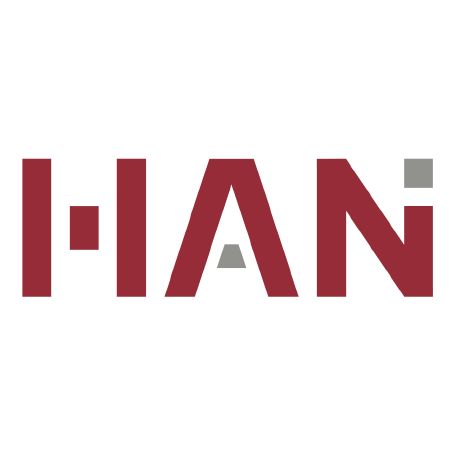Discover and explore top open-source AI tools and projects—updated daily.
optiml by  NU-QRG
NU-QRG
Accelerate LLM agents on consumer hardware
Top 61.5% on SourcePulse
OptiML is an acceleration library designed to enable high-speed Large Language Model (LLM) inference on consumer-grade hardware by intelligently distributing computation between the CPU and GPU. It targets users who want to run large models locally without requiring datacenter-class GPUs, offering significant speedups and reduced VRAM requirements.
How It Works
OptiML leverages the principle of "activation locality," observing that a small subset of "hot" neurons are frequently activated across inputs, while the majority of "cold" neurons are input-dependent. It pins the hot neurons and their weights to the GPU for fast reuse and offloads the computation of cold neurons to the CPU. This hybrid approach, combined with quantization, balances latency, throughput, and memory usage, allowing larger models to run efficiently on commodity PCs.
Quick Start & Requirements
- Installation: Build from source using CMake. Python bindings can be installed via
pip. - Prerequisites: Consumer GPU (NVIDIA/AMD/Apple Silicon) with recent drivers, modern CPU with AVX2 (or Apple Silicon), CMake ≥ 3.20, C/C++ toolchain, Python 3.9+.
- Model Preparation: Requires models in GGUF format; includes a tool for quantization (e.g., to Q4_K).
- Resources: Building from source and preparing models may take time depending on hardware.
- Links: GitHub Repository, Docker Hub
Highlighted Details
- Achieves up to 2.7x speedup compared to llama.cpp on consumer hardware.
- Supports hybrid CPU/GPU execution for reduced VRAM pressure.
- Offers a CLI, Python API, and HTTP demo server for easy deployment.
- Works with decoder-only transformer families, particularly LLaMA variants in GGUF format.
Maintenance & Community
The project is initiated at Northwestern University's QRG lab. Links to X (Twitter) and GitHub stars are provided, indicating community interest. A roadmap outlines plans for broader model support, new quantization modes, and extended demos.
Licensing & Compatibility
The project is licensed under the MIT license, permitting commercial use and integration with closed-source applications.
Limitations & Caveats
The Python API is noted as being in an early stage with potential bugs. Current model support is primarily for Llama 2 and Llama 3, with plans to expand coverage.
6 months ago
Inactive

 xaskasdf
xaskasdf efeslab
efeslab tile-ai
tile-ai leoheuler
leoheuler FastFlowLM
FastFlowLM antgroup
antgroup mit-han-lab
mit-han-lab RahulSChand
RahulSChand Mega4alik
Mega4alik ztxz16
ztxz16 Tiiny-AI
Tiiny-AI thu-pacman
thu-pacman